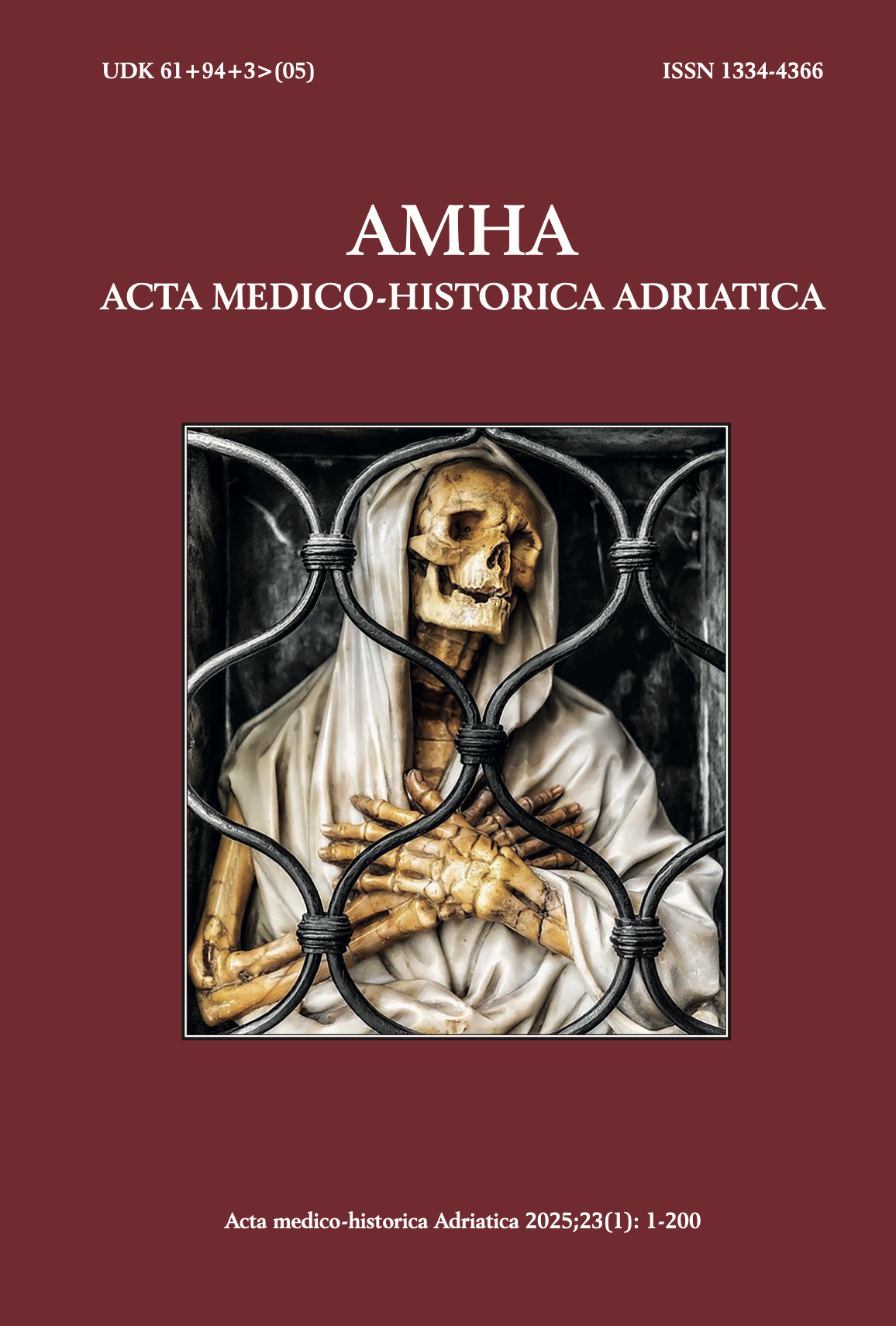THE HISTORY OF POLISH PHARMACY MUSEUMS IN THE CONTEXT OF EUROPEAN MUSEOLOGY
Keywords:
pharmacy museums, Poland, museology, history of pharmacyAbstract
https://doi.org/10.31952/amha.23.1.6
The article outlines the history of Polish pharmacy museums in the broader European context. The first efforts to establish such an institution date back to the second half of the 19th century, when, despite the lack of a Polish sovereign state, Polish pharmacists, passionate about their trade, called for the creation of a pharmacy museum. Their continued efforts faced multiple obstacles, with the two World Wars being the worst of them. During the inter-war period, multiple collections were assembled, but the first Polish museum of pharmacy was established only after the Second World War, in 1946, in Kraków, thanks to Dr Stanisław Proń. In the 1970s, a number of smaller museums were established in other Polish cities, including Lublin, Warsaw, Poznań, Bydgoszcz, and Gdańsk. The transformation following the collapse of the Iron Curtain caused a temporary crisis for pharmacy museums in Poland, with some establishments being liquidated due to the withdrawal of funding. However, soon after Polish society became accustomed to the new realities, a number of museums were restored, and even new ones were established, some as part of municipal museums (Warszawa, Bydgoszcz), some within universities, and some even funded by private companies (Lublin, Łódź). The article illustrates the richness and distinctiveness of the field of Polish pharmaceutical museology, while also observing its connection to wider European realities.


